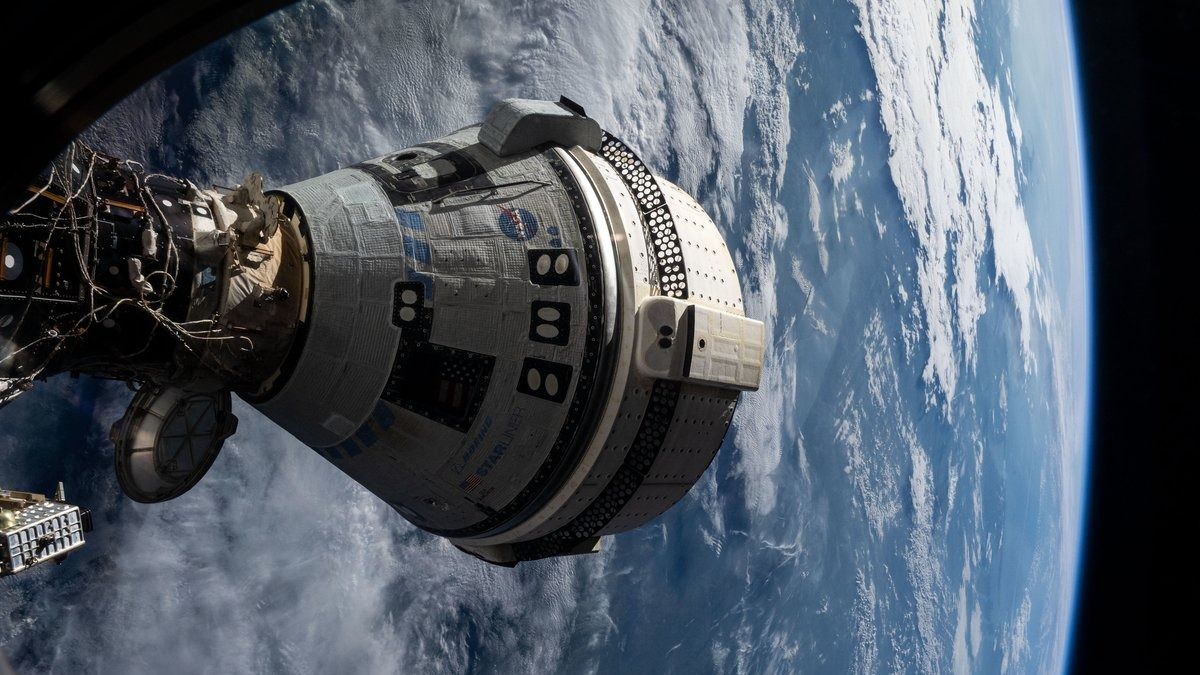The actress Cailee Spaeny, the seventh of nine children born to committed Southern Baptists, left school in Missouri at 13. She had found work at a theme park, Silver Dollar City, in the Ozark Mountains, which allowed her to strike out on her own.
“I was just so ready,” she said. “I definitely had a feeling that I needed to experience something else really early on. I wanted out of this Midwestern box.” Silver Dollar City was that first step.
The next year, she took another one, convincing her mother to drive her across the country to Los Angeles, where she quickly secured an agent and a manager. More trips followed, more nights sleeping in the spare rooms of friends of friends or families met at church. Finally, when she was 17, she booked a role in the action movie “Pacific Rim Uprising.”
Casting directors noticed her then. Wryly, Spaeny narrated what happened next. “This fresh-faced little girl comes to town,” she said. “She’s from the Midwest, she’s got a bit of an accent, bright-eyed, bushy tailed. They jump on that opportunity.”
Spaeny, now 26, is still reasonably bushy tailed. She has wide-set eyes, an open countenance suggestive of some Great Plain and an unfussy femininity that she can ratchet up or way down as a role demands. There’s also an intensity to her, a tinge of the steeliness that had her paying her own way when she was barely a teenager. Hollywood jumped on that, too.
Coming off “Uprising,” she booked four roles in a single week, and then she booked more, moving briskly from teen fare (“The Craft: Legacy”) to auteur-driven films like Alex Garland’s “Civil War” and Sofia Coppola’s “Priscilla,” in which Spaeny played the lead. Now she is starring as Rain in “Alien: Romulus” (in theaters Aug. 16), the latest entry in the space horror franchise.
Rain is a big, sticky, vital role: the roughed up final girl that most “Alien” films require and a part very much in dialogue with Sigourney Weaver’s genre-defying, and -defining, Ripley. Which is to say that these are some big, oozy shoes to fill. If Spaeny wears that legacy lightly, the movie’s release finds her in a moment of mild existential crisis. Acting had been her exit route out of Missouri and toward the life she wanted. Now that she has that life, she isn’t sure what acting means to her. Or if it means anything at all.
“This could really easily be a chapter of my life and not my whole life,” she said, suddenly world weary. “There’s only so many tricks an actor has up their sleeve.”
I met Spaeny on an evening in late July at an Italian restaurant in Beverly Hills that has a pasta dish named for Justin Bieber, which she could not resist ordering. She had just flown in from London, where she is filming the third “Knives Out” movie. Later that night she would be driven down the coast to promote “Alien: Romulus” at San Diego’s Comic-Con. She had turned 26 the day before.
She’d barely had a moment to set her bags down before dinner and she arrived at the table still damp from a rushed shower. She was polite, sociable, mildly sardonic. She apologized several times that she wasn’t more forthcoming. I would have sworn that she had told me everything, she seemed so incapable of lying.
Spaeny never exactly decided to become an actress. But school was always a struggle, while performing came more naturally. And with so many siblings, she was grateful for the attention she received when she sang at church or acted in local theater. Even as a child, she found some of that performing embarrassing — the jazz hands, the exuberance.
“I was obsessed with what is truth,” she said. In the films she watched, she gravitated toward the characters who kept still, who said little, who made you lean toward the screen, who didn’t seem to fake it.
She learned screen acting on her feet. On the set of “Pacific Rim Uprising,” which relied on computer-generated effects, she panicked — nothing had prepared her for reacting to robots she could not see. John Boyega, her co-star, would stand behind the camera and simulate a response. Spaeny would mirror him. Otherwise, she used whatever came to hand: her own experience, her own imagination, the energy from her nondigital scene partner.
Whatever she was doing, even when she didn’t know what she was doing, it worked. Drew Goddard, the writer-director of the frisky 2018 thriller “Bad Times at the El Royale,” found that during takes he couldn’t keep his eyes off Spaeny’s nearly mute cult member, awed by Spaeny’s talent and technique. “She has a unique ability to shift between heartbreak and kindness, between laughter and terror so easily,” he said.
The actress Kirsten Dunst worked with her a few years later on “Civil War.” (The writer-director Garland, who had previously worked with Spaeny on the limited series “Devs,” had created the role of Jessie, a novice war photographer, just for her.) Dunst immediately understood her appeal. “She has a very natural ability,” Dunst said. “You connect with what’s going on in her soul. When you have that, people want to watch you. They feel like they’re watching someone real.”
Dunst recommended Spaeny to Sofia Coppola for “Priscilla,” the director’s film based on Priscilla Presley’s memoir of her marriage to Elvis Presley. Spaeny’s Priscilla is watchful, intuitive, never exactly passive even as she remains mostly silent. “She can express so much while barely doing anything,” Coppola said of Spaeny. “She has that rare ability to say so much, just with her face, her eyes.”
That expressiveness appealed to Coppola, as did Spaeny’s drive. “She has a fire within her and a depth,” Coppola said.
Fede Alvarez had those depths in mind when he was dreaming up the role of Rain in “Alien: Romulus,” written with Rodo Sayagues. Alvarez would look at a picture of Spaeny’s face as he wrote.
“At first glance she has this Midwest girl next door aspect of her,” said Alvarez, who had met Spaeny at an audition years before. “But then when you look closely, there’s the darkness.”
“Alien: Romulus” shot last summer in Budapest. If the shoot was intense, it was also often pleasurable. Spaeny is used to being the youngest actor on the set, but here she was surrounded by others her age. And her character felt close to her. In space, there is no Midwest. But Rain is essentially a small-town (small-outpost) girl, with dreams of the big city.
These similarities were a gift, as were the practical effects, a signature of the franchise. As in the original film, this “Alien” relies on large, slime-rich puppets for many of its scares. Once Spaeny stopped giggling, the drooling puppets, known as xenos, were, she said, “actually properly disturbing.”
David Jonsson, the actor who plays Rain’s automaton brother, was impressed with the emotional complexity Spaeny provided in a role that consists largely of running, shooting and screaming. “She brings her experience onto the screen,” he said. “She brings a lot of who she is.”
Whoever Spaeny is, she discovered it on set, coming of age as she wheeled from role to role. “I had so many big, big life questions going on,” she said. “And I got to look into them through the characters and through the stories.” Until very recently, movie shoots were where she seemed most at home. “I felt more comfortable with the crews and the sets and the roadie circus life,” she said. “I always felt relieved getting on a plane.”
But something changed. Spaeny took a year off after making “Alien: Romulus.” She traveled, made some new friends, tried and mostly failed to relax. “That’s probably why I had that existential crack in my brain where I went, Oh, what are the other options? Is this always going to be my life?” she said.
Mid-crack, she’s still working. She’ll star in the new series of “Beef” after “Knives Out,” which is her first foray into comedy. (“It’s terrifying, because everyone’s so funny,” she said. “I’m a Midwestern girl, there’s no cynicism or sarcasm where I come from. I just cannot keep up.”) And then? She isn’t sure.
She thinks back, half her lifetime, to that 13-year-old girl, who was so certain, so resolute. “I’m trying to go back to that feeling, take notes from that girl,” she said.





















Discussion about this post